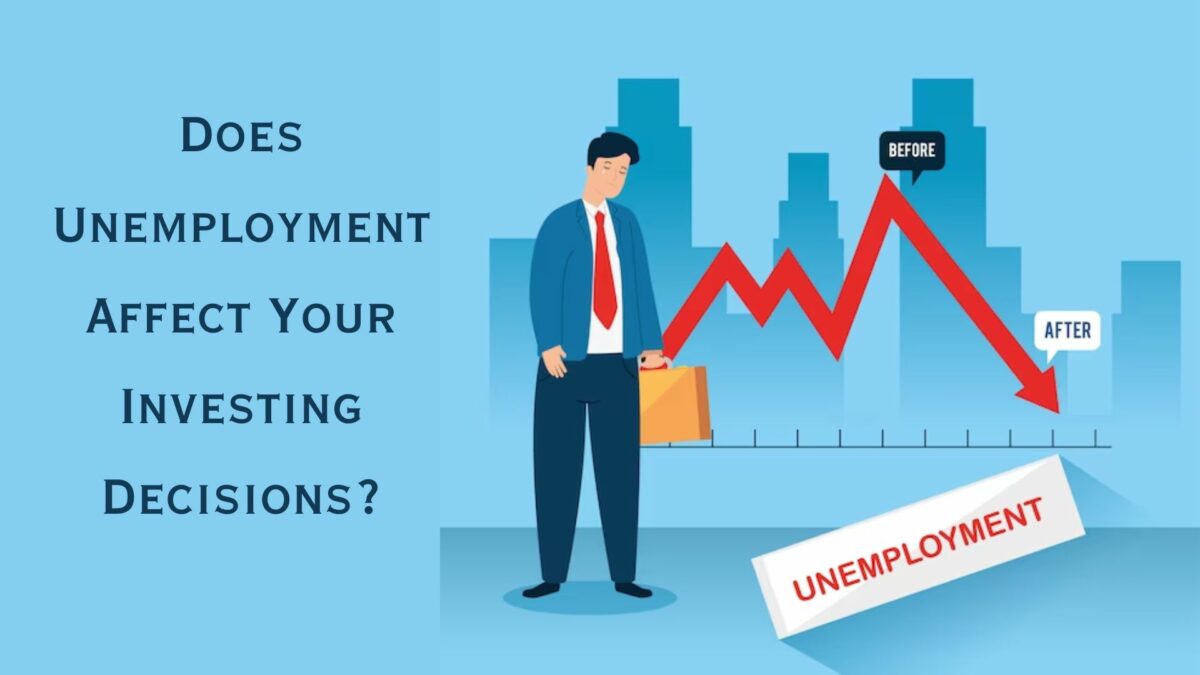“The singer-songwriter has always played music that was stylistically rooted in the ’30s and the Great Depression and the Dust Bowl. But the fact of the matter is that none of us remember the Depression firsthand.”
–Steve Earle

My grandparents grew up in the Great Depression. Both of them lived in agricultural areas that weren’t affected like the Dust Bowl depicted by John Steinbeck, so while times were tight and they were thrifty, they weren’t part of the bread and soup lines that dotted the country.
Despite getting through the Great Depression relatively unscathed, the experience colored their outlook on money. Both of them worked in factory jobs, and my grandfather earned a pension that allowed them to retire and keep their same standard of living. My grandmother watched CD rates like a hawk and haggled with bankers until she could get the CD rates that she wanted.
They never, to my knowledge, invested in stocks. It’s not particularly surprising to me; in that generation, you worked for a company for decades, retired, got a gold watch and a pension, and then lived for a few years in retirement. Retirement was hardly a concept for their parents and grandparents. Investing in stocks was something that New York bigwigs did, not people who grew up on farms.
While we never experienced a Great Depression (or, at least, we haven’t yet), we do share something in common with that generation: high unemployment.
Arguably, as this chart shows, while the unemployment rate was higher in the Great Depression, the Great Recession saw some of the highest rates since (click on the image to be taken to a good discussion about U6 vs. U3 measurements between the two eras).

Going through a period of unintentional unemployment (meaning that you didn’t choose to leave your job) is psychologically challenging. You were getting a steady paycheck, things were going well, and BOOM! No job. No income. Questionable future prospects.
The gut reaction most people have is to hide in the tortoise shell, metaphorically speaking. Shave expenses to the bare minimum. Talk to everyone they know (for why you should hit your weak connections hard, see “Weak Connections Are Stronger Than You Expect”) to see what is available. Put off major financial decisions.
Move all of their money to “safe” investments like CDs and money market accounts.
In the short term, this is completely understandable. If you’ve lost your job and don’t already have a significant amount of money available in low volatility, highly liquid places like money market accounts, then you don’t want to double down on the risk that it will take a while to get a job and the market is going to take a nosedive just when you need that money.
Eventually, though, most people find a job and get back on track with their lives.
But, does that experience affect their subsequent investing strategies?
That’s the question that London Business School’s Samuli Knüpfer and his team sought to answer. They looked at the investing habits of people in Finland who suffered through the Finnish version of the Great Depression in the 1990s.
Does Unemployment Affect Your Investing Decisions?

In short, yes, it does.
Accounting for all other variables, people who lost their jobs in the Finnish Great Depression had a 2.7% lower net worth than people who did not lose their jobs.
The reason for this lower net worth was because the people who had lost their jobs moved their investments into low risk categories and, once they got new jobs, never moved the money back into riskier investments. As we saw in “Are We Too Conservative in Our Investments When We Are Young?”, we need to invest in higher risk investments so that, over time, we can beat inflation and have a chance of being able to retire before we run out of heartbeats and avoid dumpster diving in retirement. As we saw in “Getting Your Money Back in a Safe Investment Isn’t Enough,” when we overload in low risk, low return investments, we decimate our future spending power.
You might be thinking to yourself “Self, what about all of those people whose parents grew up poor in the Great Depression?”
The researchers asked the same question.
While it’s true that people whose parents had taught frugality were affected, that parental influence accounted for about 2% of the lower net worth.
Losing a job accounted for over 60% of the difference in net worth.
It was far and away the number one differentiator in net worth.
We now have a generation of un- and underemployed Americans who may face the same gut reaction.
They lost a job once, and they’ll live in concern, or even fear, that it will happen again.
They want to make sure that they’re not going to face ruin if they lose their jobs, so they will want to keep their money in the safest places possible.
The problem, as we saw in “Should You Invest Your Emergency Fund?” is that even the money earmarked for abnormal lifetime events needs to beat inflation. Piling all of your money into a CD or a money market will merely decrease the chances that you’re financially prepared for the next emergency.
The one simple step to fight the post-unemployment investing fear

Right when you get your new job, you’re going to be excited, elated, and relieved. Still, you’re going to be stressed. How do you rebuild your assets? What if you lose this job? What if you took the job because nothing else was available and you’re miserable?
It’s too soon to dive back into investing and compound your stress. You need to focus on crushing it at your job.
Instead, set a calendar reminder for three months after you’ve been hired.
The calendar reminder should be for you to rebalance your investments.
Get back into the 110 – age equity glide path at that point.
The pain of the period of unemployment will be mentally much less. We adjust to our current situations very quickly.
At that point, you’ll be readjusted back into the working life. You’ll be able to handle the change in investing strategies.
If you need to, tell an accountabilibuddy or set up some anti-motivation to make sure that you do it.
The important part is that you do get back into equities.
Otherwise, your retirement path will become much steeper.
Have you lost a job? Did you want to change your investing strategies afterwards? Did you ever get back in the market? Let’s talk about it in the comments below!
Author Profile
- John Davis is a nationally recognized expert on credit reporting, credit scoring, and identity theft. He has written four books about his expertise in the field and has been featured extensively in numerous media outlets such as The Wall Street Journal, The Washington Post, CNN, CBS News, CNBC, Fox Business, and many more. With over 20 years of experience helping consumers understand their credit and identity protection rights, John is passionate about empowering people to take control of their finances. He works with financial institutions to develop consumer-friendly policies that promote financial literacy and responsible borrowing habits.
Latest entries
 Low Income GrantsSeptember 25, 2023How to Get a Free Government Phone: A Step-by-Step Guide
Low Income GrantsSeptember 25, 2023How to Get a Free Government Phone: A Step-by-Step Guide Low Income GrantsSeptember 25, 2023Dental Charities That Help With Dental Costs
Low Income GrantsSeptember 25, 2023Dental Charities That Help With Dental Costs Low Income GrantsSeptember 25, 2023Low-Cost Hearing Aids for Seniors: A Comprehensive Guide
Low Income GrantsSeptember 25, 2023Low-Cost Hearing Aids for Seniors: A Comprehensive Guide Low Income GrantsSeptember 25, 2023Second Chance Apartments that Accept Evictions: A Comprehensive Guide
Low Income GrantsSeptember 25, 2023Second Chance Apartments that Accept Evictions: A Comprehensive Guide

